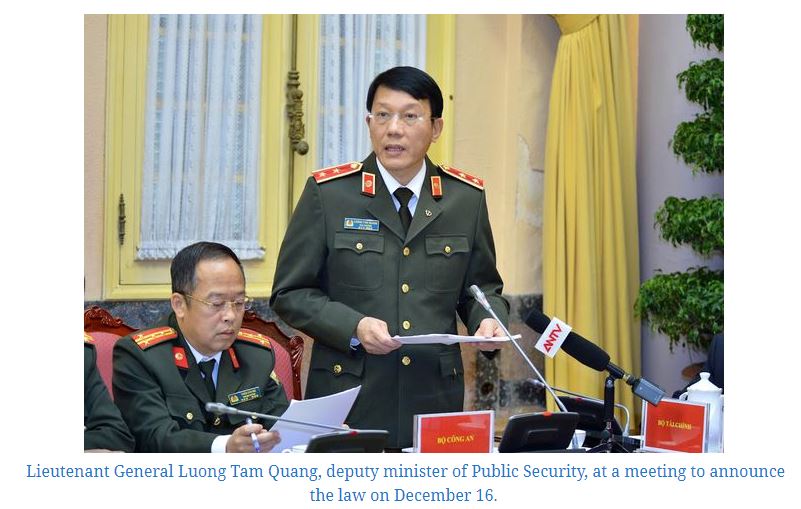Vietnam allows 10-year residence for investors in coastal special economic zones
The Hanoitimes – Phu Quoc is the only coastal economic zone that is applicable to the law.
The revised Law on Entry, Exit, Transit, and Residence of Foreigners in Vietnam now allows foreign investors with investment of over VND100 billion (US$4.3 million) to reside up to 10 years in coastal economic zones, instead of five as stipulated in the previous version, Dan Tri Newspaper reported.
Meanwhile, investors with investment of less than VND3 billion (US$130,000) is permitted to stay for less than one year in Vietnam.
The revised law, scheduled to become effective on July 1, 2020, aims to support foreigners immigrating into Vietnam and contribute to socio-economic development and national security, said Lieutenant General Luong Tam Quang, deputy minister of Public Security, at a meeting to announce the law on December 16.
Additionally, this would help address the issue of foreigners staying long-term in Vietnam with small amount of investment capital, Quang added.
The law also waives visa requirement for foreigners with less than 30 days of residence into coastal economic zones if those zones meet four requirements including having international airports; having defined geographical boundary; complying with socio-economic development policies; and not affecting Vietnam’s national security and public order.
Under the requirements, Phu Quoc is the only coastal economic zone that is applicable to the law.
The newly revised law also stipulates a visa for residence of over 30 days would come with a temporary residence card of 30 days, Quang stated, adding this would prevent cases in which foreigners take advantage of tourist visa of up to three months to commit offenses in Vietnam.
Tran Van Du, deputy director of the Department of Immigration under the Ministry of Public Security said decision to issue a 10-year residence card has been thoroughly reviewed to allow foreigners to enter coastal economic zones with ease but still ensures national security.
According to Du, foreigners staying less than 30 days in Phu Quoc island are exempted from visa requirement.
Du added Phu Quoc is stepping up effort to attract investment capital, about a thousand foreigners fly in Phu Quoc daily. However, as the law on special administrative economic zone is being put on hold, the authority should be flexible in enforcing other regulations.
| The National Assembly on November 25 approved the revised Law on Entry, Exit, Transit, and Residence of Foreigners in Vietnam, in which the duration of a DT-typed visa for foreign investors now depends on the size of the investment.
Under the revised version, visa for foreign investors is now categorized into four types, namely DT1, DT2, DT3, and DT4. DT1 would be issued to foreign investors in Vietnam and representatives of foreign organizations and businesses in Vietnam with capital contribution of over VND100 billion (US$4.3 million), or investing in the priority fields. DT2 is granted to foreign investors and representatives of foreign businesses with capital contribution of VND50 – 100 billion (US$2.15 – 4.3 million), while investors with an amount of VND3 – 50 billion (US$130,000 – 2.15 million) are entitled for DT3. DT4 visa bearers are those pouring an amount below VND3 billion (US$130,000). The duration for DT1 and DT2 does not exceed five years, DT3 for a maximum of three years and DT4 less than 12 months. |
Source: http://hanoitimes.vn/vietnam-allows-10-year-residence-for-investors-in-coastal-special-economic-zones-300516.html


 English
English




